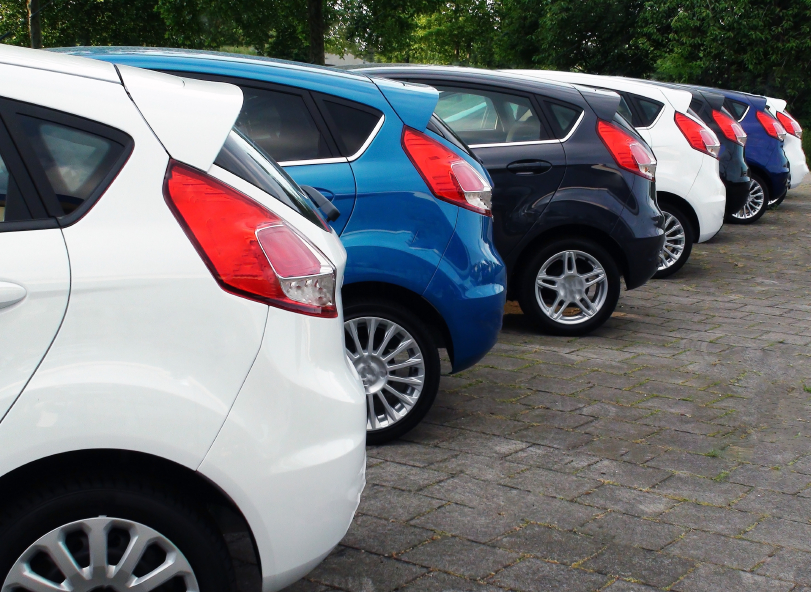€100 Million Worth of Vehicles Now Exported
Numbers of Vehicles Leaving Ireland is Growing
In total 7,703 vehicles were exported out of Ireland this year to November with an estimated annualised value of €100 million. This represents an increase of 16% year-on-year, while exports have risen by 64% in the last five years.
This trend is set to continue following Budget 2012 when the Government further emphasised the importance of vehicle exports by offering a VRT rebate. This was reported as one of the final changes made by the Government to the Budget. However, a relatively small number of vehicles are exported out of the State in comparison to those imported into Ireland – especially from the UK.
Nonetheless, the 16% increase recorded in 2011 is not the highest in the last five years: in 2008 a year-on-year increase of 23% was recorded – just as the Celtic Tiger economy began to wind down. The figure for exports in 2008 and 2011 are significantly higher than in other years.
Of the vehicles exported this year 31% were classed as goods vehicles. The economic problems, particularly the housing crash, would have significantly contributed to this development: as the market contracted in Ireland these vehicles would have proven costly to retain domestically.
Of the private vehicles exported there was an almost identical distribution between petrol and diesel variants. While it was anticipated that a higher number of petrol vehicles would be exported, particularly larger engine variants (which are costly to tax in Ireland since 2008), the statistics do not point to such a distinction. In fact, considering diesel is still in the minority in the Irish fleet, it appears that private diesel vehicles and goods vehicles are more likely to be ear-marked for export than any other.
The number of vehicles exported has remained consistently higher in the post-boom years. There are a number of reasons for this. First of all, the economy took a crash and there was no market for large commercial vehicles; second, fluctuation in currency valuations meant that second hand vehicles could be resold for more on export; and finally, Irish residents brought vehicles with them as they emigrated.
The trend shows that both year-on-year increases and total numbers of vehicles exported will continue to rise over the following years.
Resulting from analysis conducted by Cartell.ie it was discovered that approximately 10% of commercial fleet exports have finance outstanding. In many cases the sums involved would be significant in these cases. These vehicles would be sold onwards to unsuspecting buyers in the UK who are unaware that an Irish finance house can repossess the vehicle.
Finally, of the commercial vehicles exported 118 fell into the mobile machinery tax class: 22 were dumpers or forklifts, and 19 were general haulage vehicles.
END
For further information please contact John Byrne (Cartell.ie) on + 087 4199018 or email or check out https://www.cartell.ie/for further information.
